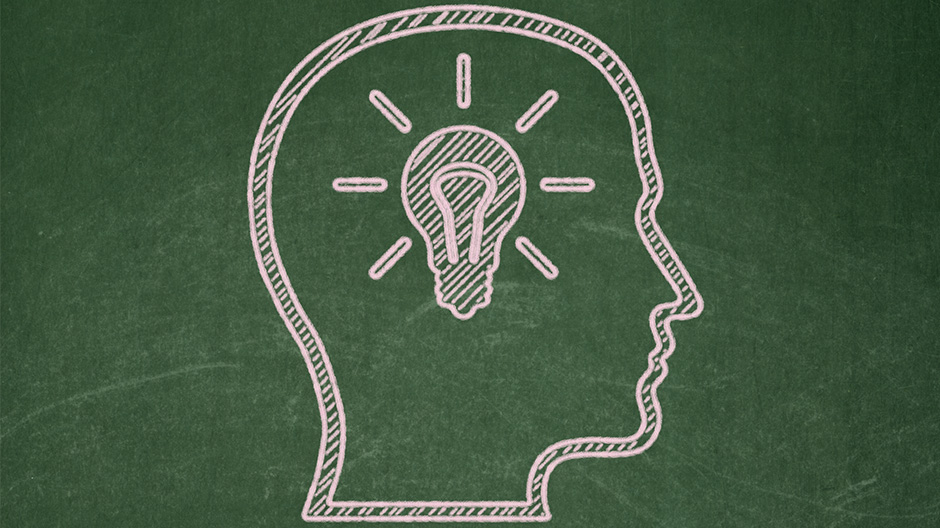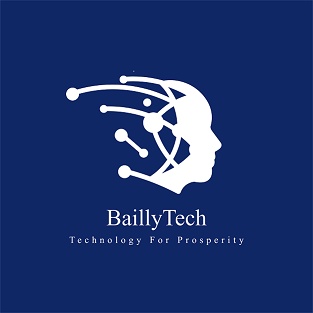Custom Knowledge ChatGpt: An Innovative Approach to Personalized Chatbots
With the continuous advancements in natural language processing (NLP) and artificial intelligence (AI), chatbots have become an integral part of various industries. These intelligent virtual assistants provide efficient and automated solutions to users’ queries and tasks. However, traditional chatbot models often lack personalization and struggle to understand complex and context-specific inquiries. Recognizing this limitation, OpenAI has developed Custom Knowledge ChatGpt, an innovative approach to personalized chatbots. In this article, we will explore how Custom Knowledge ChatGpt works, its potential benefits in enhancing user experiences, compare it with traditional chatbot models, provide examples of successful applications, and discuss the future prospects of this technology.

Understanding Custom Knowledge ChatGpt:
Custom Knowledge ChatGpt is an advancement of the well-known Gpt-3 model, developed by OpenAI. Unlike traditional chatbots, which rely on pre-programmed responses, Custom Knowledge ChatGpt is trained on a specific dataset created by the user or organization. This dataset is tailored to their industry, domain, or use case, which allows the chatbot to be highly specialized and provide more accurate and relevant responses.
The working principle of Custom Knowledge ChatGpt involves two main steps:
- User Guidance: The user is required to provide example conversations or prompts along with their preferred model behavior. These conversations act as guidelines for training the chatbot, enabling it to understand and respond to similar queries effectively.
- Fine-tuning: After user guidance, the chatbot is fine-tuned on the provided dataset to optimize its performance. This process enhances the model’s ability to generate tailored and context-aware responses.
Benefits of Custom Knowledge ChatGpt in Enhancing User Experiences:
- Personalized and Contextual Responses: Custom Knowledge ChatGpt is designed to provide highly accurate and context-specific responses. By training the model on a specific dataset, it becomes proficient in understanding and addressing industry-specific queries. This personalization leads to improved user experiences and higher satisfaction levels.
- Enhanced Efficiency: Custom Knowledge ChatGpt is a self-learning model that continually improves its responses through user feedback. It reduces the need for manual intervention and streamlines the process of addressing customer queries or resolving issues. This automation improves efficiency and allows businesses to handle a larger volume of inquiries.
- Increased Customer Engagement: The intelligent responses generated by Custom Knowledge ChatGpt enable more interactive and engaging conversations with users. This improved engagement fosters stronger relationships between businesses and customers, leading to higher customer retention rates.
Comparison with Traditional Chatbot Models:
Custom Knowledge ChatGpt differs from traditional chatbot models in several key aspects:
- Personalization: Unlike traditional chatbots, which are designed to handle a wide range of queries, Custom Knowledge ChatGpt is trained to provide domain-specific responses, making it more accurate and relevant.
- Contextual Understanding: Traditional chatbots often struggle to comprehend complex queries or retain context during lengthy conversations. Custom Knowledge ChatGpt overcomes these limitations by being trained on customized datasets, allowing it to generate responses that consider the context of the conversation.
- Self-learning Capabilities: Custom Knowledge ChatGpt has the ability to learn from user feedback, continually improving its responses. Traditional chatbots lack this adaptive learning feature, limiting their ability to provide accurate and up-to-date information.
Successful Applications in Various Industries:
Custom Knowledge ChatGpt has shown promise in several industries, including customer service, healthcare, and education.
- Customer Service: Custom Knowledge ChatGpt can be deployed as a virtual assistant to address customer inquiries. By training the chatbot on past customer interactions, it can provide personalized and accurate responses, reducing the need for human intervention.
Example: A telecom company uses Custom Knowledge ChatGpt to address customer inquiries related to billing, technical issues, and service upgrades. The chatbot provides contextual and accurate solutions, enhancing customer satisfaction and reducing the workload on customer service representatives.
- Healthcare: Custom Knowledge ChatGpt can assist healthcare providers by providing personalized medical information, answering patient queries, and offering suggestions for managing minor health issues.
Example: A healthcare institution deploys Custom Knowledge ChatGpt to provide information about symptoms, common medications, and preventive measures for various diseases. The chatbot enables patients to access relevant medical advice anytime, improving overall healthcare accessibility.
- Education: Custom Knowledge ChatGpt can serve as a virtual tutor, providing personalized guidance to students on various subjects, helping them with assignments, and answering academic queries.
Example: A learning platform incorporates Custom Knowledge ChatGpt to assist students in solving math problems. The chatbot provides step-by-step explanations, feedback on mistakes, and additional practice materials, enhancing students’ learning experience.
Challenges and Limitations of Implementing Custom Knowledge ChatGpt:
While Custom Knowledge ChatGpt offers several advantages, there are also challenges to its implementation:
- Dataset Creation: The process of creating a customized dataset for training Custom Knowledge ChatGpt can be time-consuming and requires domain expertise. The quality and diversity of the dataset also heavily influence the model’s performance.
- User Guidance: Users must provide comprehensive and varied prompt inputs to guide the chatbot effectively. Inadequate or biased guidance can result in suboptimal responses.
- Ethical Considerations: Custom Knowledge ChatGpt can potentially generate inaccurate or biased responses if not trained and guided properly. There is a need for careful monitoring of the model’s outputs to ensure ethical and unbiased responses.
Addressing Challenges and Limitations:
To address the challenges and limitations of implementing Custom Knowledge ChatGpt, organizations can take the following steps:
- Dataset Importance: Prioritize the creation of a high-quality dataset that covers a wide range of potential user queries and interactions.
- Continuous Feedback Loop: Encourage users to provide feedback on the chatbot’s responses, allowing the model to learn and improve over time.
- Responsible AI Practices: Implement ethical guidelines and policies to ensure the chatbot’s responses align with ethical standards and do not propagate any biases or misinformation.
Future Prospects and Advancements:
Custom Knowledge ChatGpt represents a significant leap in personalized chatbot technology and shows great potential for further advancements. As AI research progresses and larger datasets become available, the effectiveness and accuracy of Custom Knowledge ChatGpt will continue to improve. Furthermore, ongoing research in NLP and AI will likely lead to the development of more sophisticated and context-aware chatbot models.
Custom Knowledge ChatGpt is revolutionizing chatbot interactions by offering personalized and contextually relevant responses. Its ability to understand and address industry-specific queries enhances user experiences in customer service, healthcare, education, and other domains. While there are challenges associated with implementing this technology, a focus on dataset creation, user guidance, and responsible AI practices can mitigate these issues. With further advancements and research in NLP and AI, Custom Knowledge ChatGpt holds immense potential to shape the future of chatbot interactions, ultimately improving customer satisfaction and streamlining business processes.
